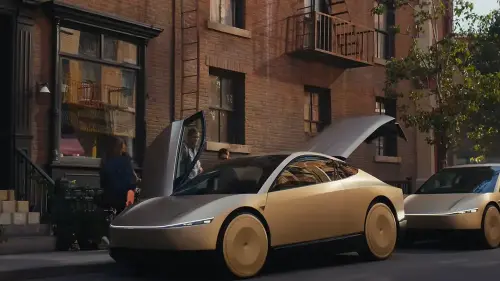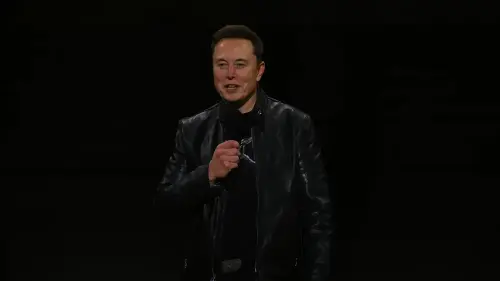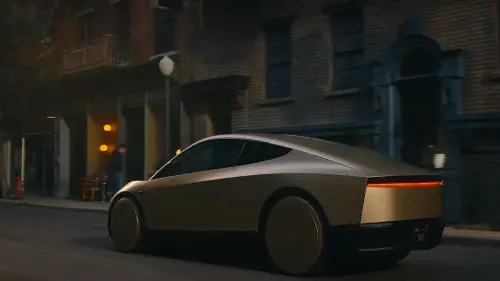Elon Musk deems building a US$25,000 Tesla for human drivers 'pointless' during an earnings call. Tesla shifts focus towards developing a fully autonomous US$25,000 Cybercab. Plans for an affordable mass-market EV for human drivers seem to have been replaced by a strategy centred on autonomous technology.

When reports surfaced in April claiming that Tesla had abandoned plans for the affordable vehicle, Musk vehemently denied the allegations, causing a stir in the market. However, during an earnings call on October 23, Musk hinted that developing a non-autonomous car costing US$25,000 would be "pointless."
Responding to an investor query about the timeline for the release of a standard US$25,000 model, Musk expressed his scepticism, stating, "Basically, I think having a regular US$25K model is pointless. It would be silly." This shift in focus comes after earlier reports indicated that Tesla had scrapped plans for a mass-market electric vehicle but was still committed to developing a self-driving robotaxi, a concept that Musk has increasingly championed in recent times.

During the earnings call, Musk revealed Tesla's new plan for a "$25K car": the "Cybercab," a fully autonomous two-door, two-seat vehicle. Musk revealed a prototype of the Cybercab at a glitzy event on October 10, announcing plans to begin production in 2026. However, before the Cybercab hits the road, Tesla plans to launch fully autonomous versions of its current Model 3 and Model Y vehicles in Texas and California next year, paving the way for a new era of self-driving technology.
While Tesla's original goal of producing an affordable electric vehicle for human drivers was a key component of its growth strategy, recent developments indicate a shift towards prioritising autonomous technology. Musk's vision for Tesla to become a leader in the automotive industry by producing 20 million vehicles per year by 2030 has been revised, with the company removing this ambitious goal from its sustainability progress report early this year.
Despite Musk's earlier assurances about the introduction of a new affordable EV, known colloquially as the "Model 2," plans appear to have shifted towards incorporating autonomous features into future Tesla models. Analysts speculate that Tesla's decision to shift to more affordable models based on existing platforms is a strategic move to compete with Chinese electric vehicle manufacturers.

As Tesla navigates the challenges of delivering fully autonomous vehicles, including technological, regulatory, and legal obstacles, Musk's emphasis on the Cybercab as a revolutionary step towards autonomy raises concerns about the future of personal transportation. With Musk claiming that the Cybercab will cost around $25,000 and be designed without traditional driving controls, the automotive industry is waiting for more information on how Tesla intends to revolutionise the concept of personal mobility.
Elon Musk deems building a US$25,000 Tesla for human drivers 'pointless' during an earnings call.
Tesla shifts focus towards developing a fully autonomous $25,000 Cybercab.
Plans for an affordable mass-market EV for human drivers seem to have been replaced by a strategy centred on autonomous technology.
Source: REUTERS